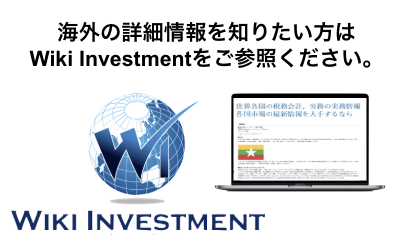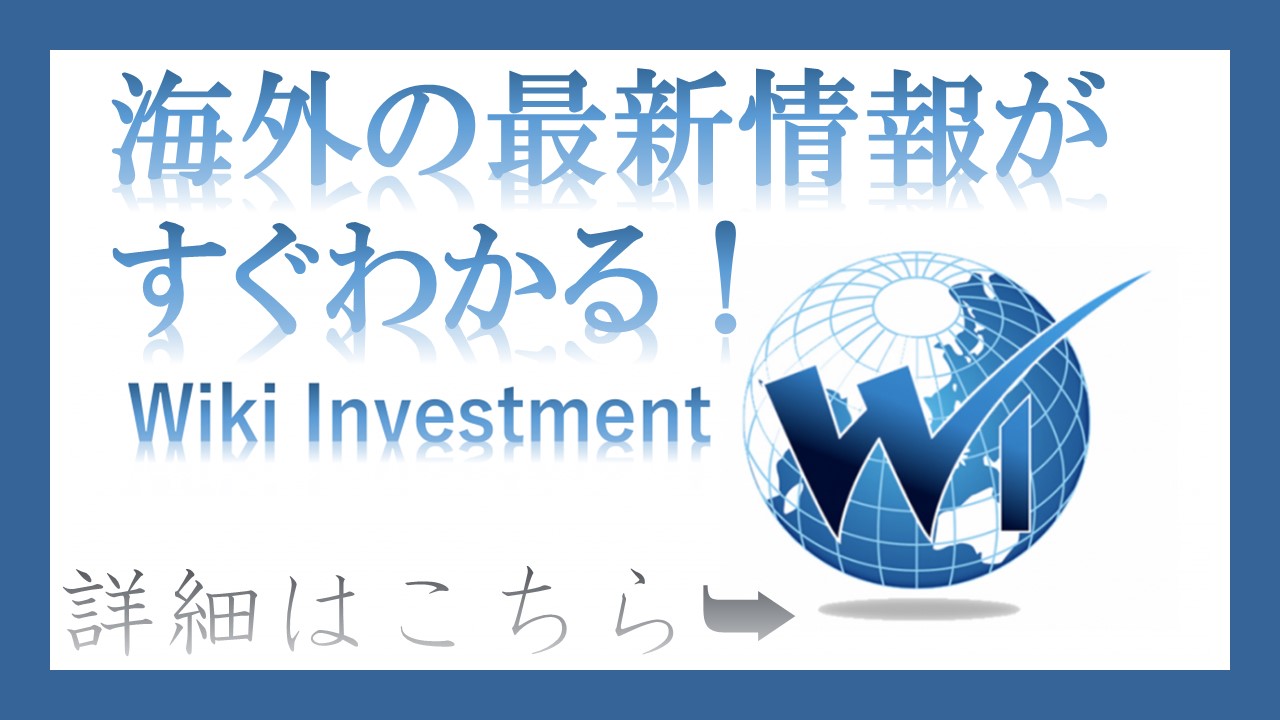
Hello everyone!
This is Augusto from TCF Mexico.
Despite the positive forecasts, the Mexican economy faced a number of challenges in recent years. Growth was under 2% in 2013, and under 3% in 2014. The price of commodities, important for Mexico’s income from exports, has been falling in what has been called “the end of the commodity super cycle”.
The government of Enrique Peña Nieto, which came to power in December 2012, has been pressing ahead with what has been seen by many as an “ambitious reform agenda.” This includes an overhaul of the taxing system, cuts in government spending, and the liberalisation of certain economic sectors such as energy and telecommunications.
Mexico is traditionally seen as a commodities and manufacturing giant. It has the largest proven silver reserves in the world, and the tenth largest oil reserves. PEMEX, the state-owned oil company, is one of the largest oil producers in the world, with revenues of about $130 billion.
Due to rising wages and less favourable trade terms, Mexico recently gained competitiveness as a automobile exporter. Large automotive companies such as Volkswagen, Toyota, Nissan, Ford, General Motors and Fiat Chrysler have increased their production in Mexico recently, or have announced their intentions to do so.








